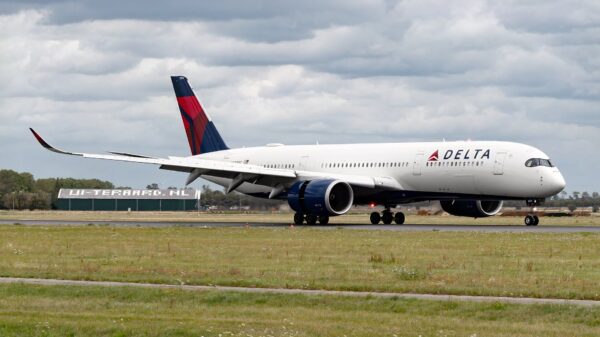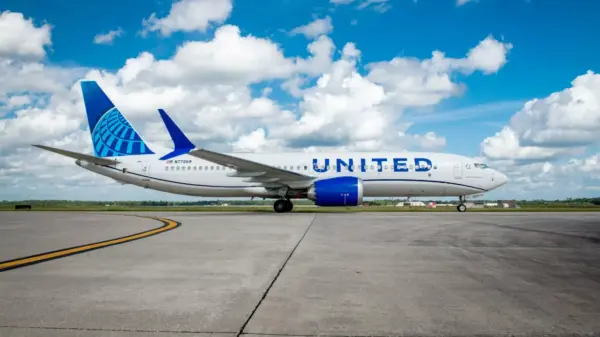Boeing has officially ceased production of its iconic 747 aircraft, marking the end of an era for one of the most recognizable airliners in history. On January 31, 2023, Atlas Air received the final delivery of the Boeing 747-8F, a variant designated for cargo operations. This decision concludes over five decades of manufacturing the jumbo jet, which has played a significant role in both passenger and cargo aviation.
The last 747, registered as N863GT, was delivered to Atlas Air, a major player in the air cargo sector. The aircraft is intended for operation under a long-term agreement with Apex Logistics. John Dietrich, President and Chief Executive Officer of Atlas Air Worldwide, expressed pride in receiving the final 747, stating, “Our company’s history and success are directly linked to the 747 platform, and we are honored to continue our long history of flying this iconic aircraft for our customers around the world.”
The Legacy of the Boeing 747
Introduced in the late 1960s, the Boeing 747 revolutionized air travel with its large capacity and long-range capabilities. Initially developed at the request of Pan American Airways, the 747 was designed to accommodate a significant increase in passenger demand. The first commercial flight took place on January 22, 1970, from New York’s John F. Kennedy International Airport to London Heathrow. Over the years, Boeing produced over 1,500 units of various 747 models, making it a staple of many airline fleets, including major carriers like British Airways and Lufthansa.
As commercial aviation evolved, however, airlines began to prioritize more fuel-efficient aircraft. The shift towards twin-engine models, such as the Boeing 787 Dreamliner and the Airbus A350, resulted in declining demand for the four-engine 747. The operating costs associated with older models became less viable as airlines adapted to new route strategies that favored point-to-point travel over traditional hub-and-spoke networks.
Reasons Behind the Discontinuation
Boeing’s decision to halt production of the 747 was influenced by multiple factors. First and foremost was the pressing need for fuel efficiency in an industry increasingly focused on reducing operational costs. The 747’s fuel consumption and maintenance requirements rendered it less competitive against newer models.
Furthermore, the global aviation landscape has shifted towards aircraft that can efficiently serve shorter routes with lower passenger capacities. This evolution has diminished the necessity for ultra-high-capacity aircraft like the 747, which were originally designed for long-haul flights.
Despite its retirement from production, the 747 continues to thrive in the cargo sector. Its distinctive nose-loading capability allows for the transport of oversized cargo, making it particularly valuable for freight operations. Operators like UPS, Cargolux, and Atlas Air have embraced dedicated freight variants, such as the 747-400F and 747-8F, equipped with specialized cargo handling systems to meet the demands of modern logistics.
The conclusion of the Boeing 747’s production marks not just the end of an aircraft but a significant shift in the aviation industry. While it may no longer be in passenger service, the legacy of the 747 as a workhorse for cargo operations ensures that its impact will continue to be felt in the skies for years to come.




































































